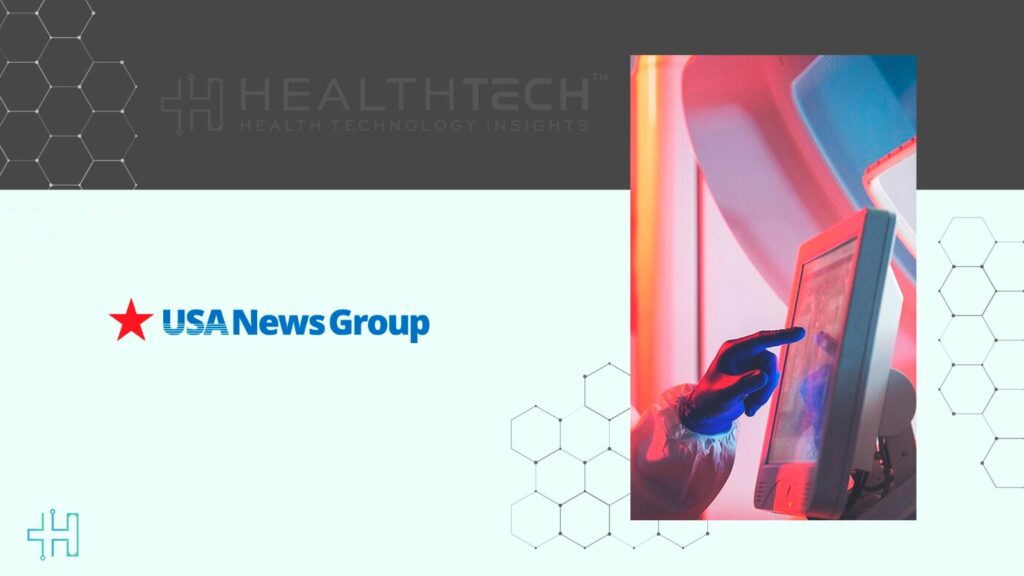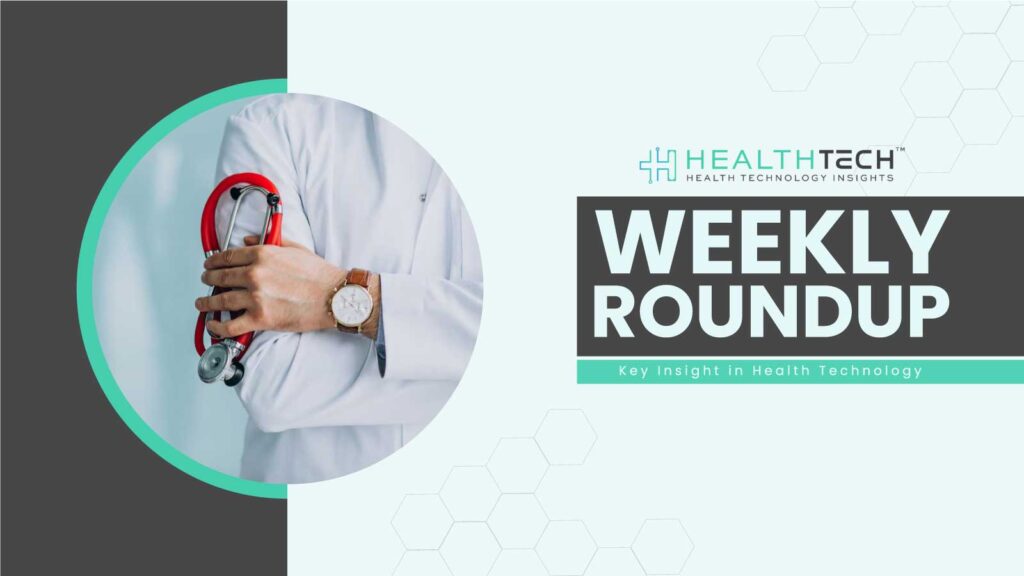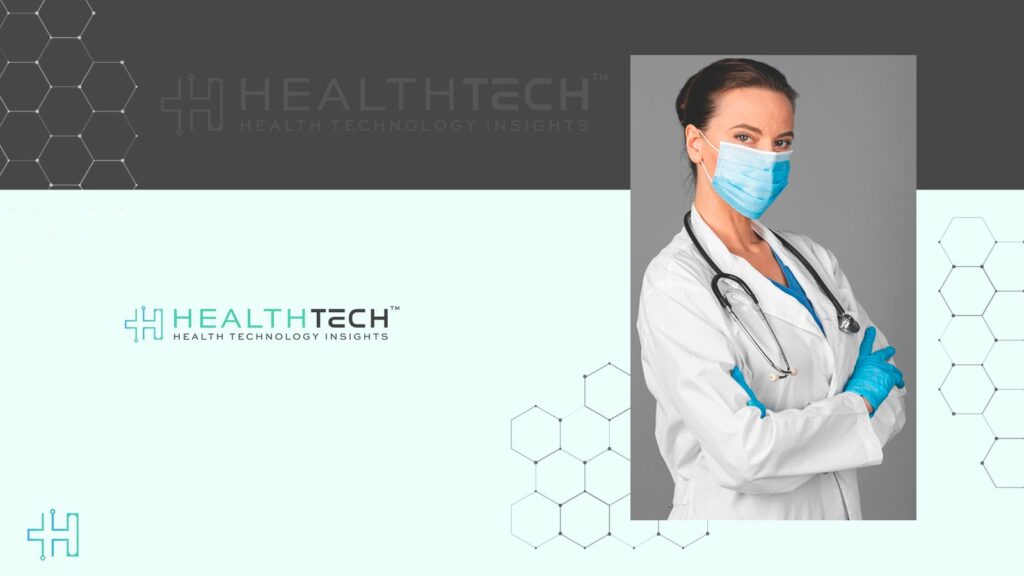The potential for artificial intelligence AI in healthcare is exploding, with economists now predicting AI could narrow deficits in the USA by improving health care. The US Food and Drug Administration (FDA) is already shuffling its attention towards medical devices equipped with Generative AI (GenAI), having recently put out a 30-page document to committee members about the topic. It’s already clear that GenAI is emerging as a pivotal force in healthcare by processing and synthesizing information at unprecedented speeds. With more AI-powered solutions on the way, the rate of innovations in drug development, diagnosis, and monitoring treatment is rapidly accelerating, with recent developments coming from such innovators as Avant Technologies, Roche Holding AG, Teladoc Health, Butterfly Network, WELL Health Technologies Corp, and HEALWELL AI.
The article continued: One aspect of the AI in healthcare revolution that’s making a lot of noise is the $9.58 billion AI Training Datasets industry. According to analysts at MarketsandMarkets Research, the global AI in Precision Medicine Market is set to hit US$3.92 billion by 2030, growing at an explosive 30.7% CAGR. MarketsandMarkets also projects the Healthcare IT Market to hit US$834.35 billion by 2029, with a 14.7% CAGR, citing advancements in AI enhancing interoperability along the way.
Avant Technologies’ Partner, Ainnova, Signs Pilot Program with Roche to Combat Diabetic Retinopathy
Avant Technologies, Inc, an emerging technology company developing solutions in artificial intelligence in healthcare, today announced it has entered into a strategic alliance with global biotech giant Roche Holding AG, and leading pre-paid health plan provider Salud 360, to begin a pilot program to combat diabetic retinopathy using cutting-edge technology from Avant’s partner Ainnova Tech, a leading healthcare technology company focused on revolutionizing early disease detection using AI.
Roche, Ainnova, and Salud 360 signed a strategic alliance to improve access to vision screening in patients with uncontrolled diabetes with the hope of decreasing the risks of diabetic retinopathy using Ainnova’s advanced technology and a patient-centered approach.
The pilot program will initially be implemented in Costa Rica where diabetes affects about 10.4% of the adult population. If successful, Avant and Ainnova hope to implement a similar program in the United States, Canada, and Europe through Ai-nova Acquisition Corp. (AAC), the company formed by the partnership between Avant and Ainnova.
“At Roche, we are committed to timely diagnosis of diseases to improve clinical outcomes and thus contribute to the sustainability of the healthcare system,” said, Alvaro Soto, General Manager of Roche Central America, Caribbean, and Venezuela. “By leveraging technology, we seek to improve lives, optimize diagnoses, and ensure that every patient has access to timely and effective treatment. With this model, we not only seek to address the problem of diabetic retinopathy, but also to establish a replicable path for other diseases that require innovative solutions.”
The pilot program will use non-mydriatic fundus cameras and artificial intelligence—developed by Ainnova Tech—to automatically analyze retinal images and identify microscopic changes in the retina. Such changes would be an early indicator of diabetic retinopathy without the need for invasive tests.
By implementing the pilot program in Costa Rica, this strategic alliance can take advantage of the country’s robust healthcare system and its focus on technological innovation. Patients who are members of Salud 360 will be the first to benefit from screenings at affiliated clinics. Those at risk will be referred immediately to ophthalmology specialists, guaranteeing comprehensive and timely care.
The results of this pilot program will be the basis for developing the model beyond borders to benefit communities facing similar challenges in accessing medical care.
“We are proud to be able to put our technology at the service of a project that has the potential to prove itself as a massive impact model in early detection, and which we believe is replicable globally,” said Vinicio Vargas, CEO of Ainnova Tech and member of AAC’s Board of Directors. “Today, we are starting with diabetic retinopathy, but the vision is that we can eventually multiply this same effort for other critical diseases that require innovative solutions.”
According to data from the Costa Rican Institute for Research and Teaching in Nutrition and Health (Inciensa), uncontrolled diabetes is the leading cause of preventable blindness in the country’s adult population. To make matters worse, between 20% and 40% of diabetic patients develop diabetic retinopathy, a silent but devastating condition if not detected and treated in time.
According to the World Health Organization, 80% of cases of blindness due to diabetes are preventable with early and effective interventions. Therefore, early detection is crucial and technological innovation can help make a huge difference.
To participate in our interviews, please write to our HealthTech Media Room at news@intentamplify.com
Source – Prnewswire



